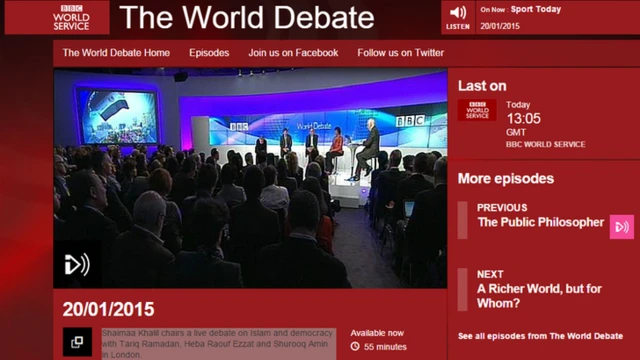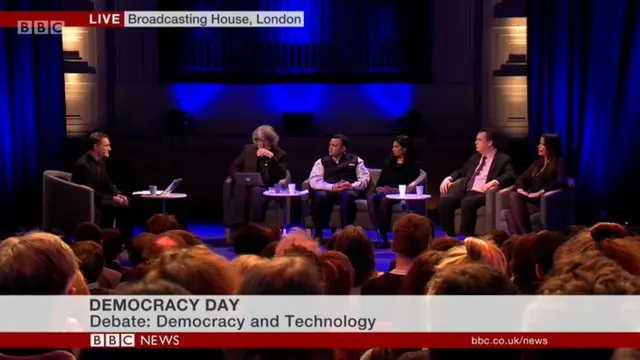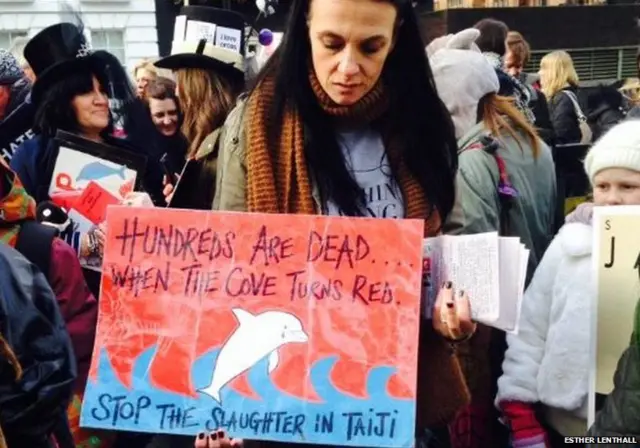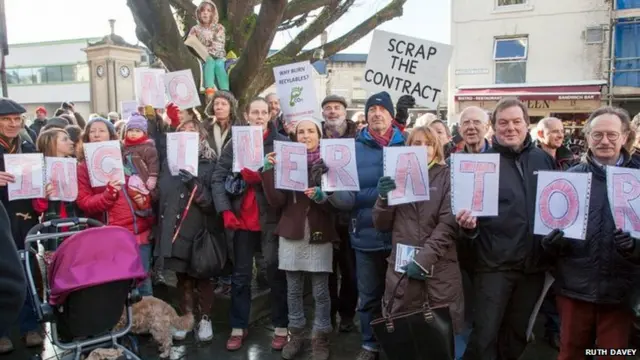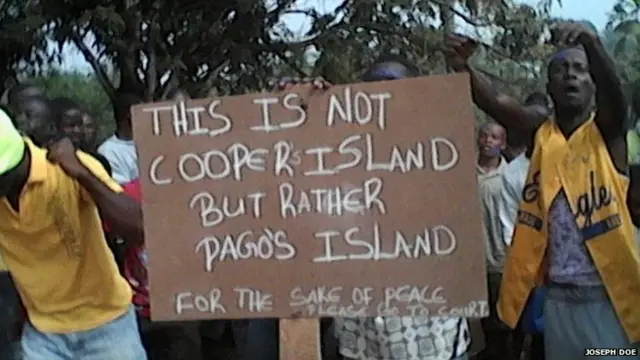Postpublished at 19:02 GMT 20 January 2015
Well, that's it, unlike democracy our marathon is at an end. But if you still have appetite for more, don't despair - you can review today's events on iplayer or iplayer radio or the Democracy Day page. Thank you for staying with us - and goodbye.
